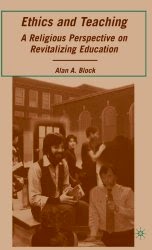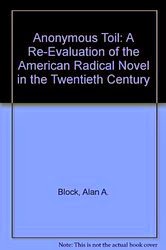I wish I had studied more diligently

Once I took Economics 101-102. I think I even studied both macro- and micro- economics. I read Samuelson’s text from cover to cover. I certainly passed the course, and learned something about guns and butter and supply and demand. I learned more about the latter when I read the first volume of Capital. Later, I read Michael Harrington’s The Other America. I have certainly followed economics ever since, even as I have followed politics, aware from the beginning that there was some intimate connection between the two disciplines.
I read in the New York Times this past Saturday that the tax on bonuses for those employees of companies that received federal bailout monies has come under fire. The lead in Herszenhorn’s article says: “President Obama hesitated Friday to endorse legislation to severely tax bonuses paid to executive of companies that accepted taxpayer bailout funds.”
I hope they tax the hell out of them, and I hope to hell that the IRS studies rigorously the tax returns of these well-off citizens to make sure they return every penny due us.
But I am puzzled by the logic of Vikram S. Pandit, the chief executive of Citi-group. According to the article, Pandit sent a memorandum to employees decrying the high tax (90%) imposed by the House on those who received bonuses from companies which were recipients of more than 5 billion dollars in bailout funds. Pandit is reported to have said, “The work we have all done to try to stabilize the financial system and to get this economy moving again would be significantly set back if we lose our talented people because Congress imposes a special tax on financial services employees. It would affect countless number of people who will find it difficult, if not impossible, to pay back the bonuses that they earned.”
So here is my confusion: my understanding has been that Citi-group was one of the biggest culprits in the Banking collapse. So, these bonuses (money for exceptional work!) are going to people who didn’t do a very good job at all. And now I am supposed to be sympathetic for the terrible straits these greedy people find themselves in as a result of their own incompetences. I’m perplexed by this logic.
Second, these people having to pay back some of the huge bonus money they received (usually in sums in excess of the salaries that working people generally make in say, a ten to twenty year period) hardly arouses my sympathy. They may just have to sell the Lexus for a Prius, or the second house and suffer a stay-cation. I am not concerned.












